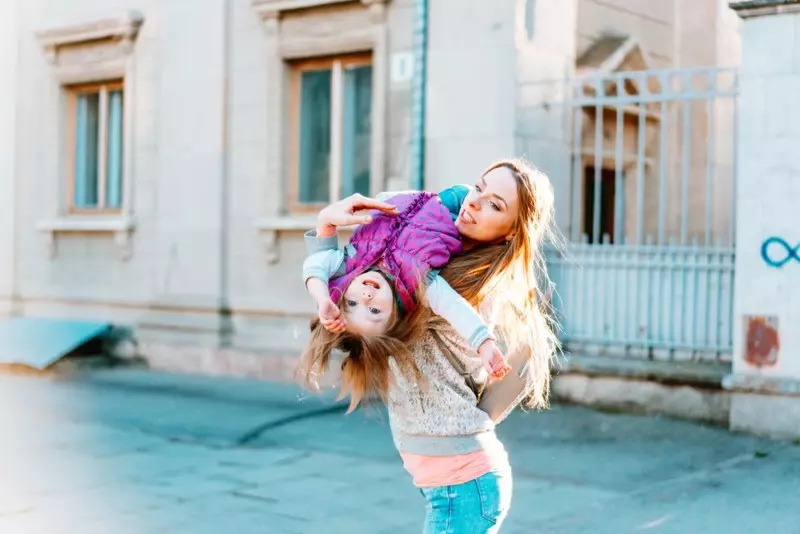Journalist and Mom, living in Alaska, Lia Campbell, tells about his experience as a single mother and about what scientists talk about children from small families like "I and Mom".

I was only twenty-six years old when I first decided to rely on my motherhood itself. I was, of course, a young man to get oblique glances from people who did not understand why I chose such a way.
For the sake of justice, the fate of a single mother has never been my dream. But when I was told that my fertility was destroyed and my ability to conceive now or would never fall, I knew that I would rather be a single mother than I would not become a mother at all.
The universe had their own plans, and my attempts got pregnant failed in the most pathetic way. But just a few years later, two months after my thirtieth birthday, I was given the opportunity to adopt a little girl. I said "yes" and never regretted this choice.
Of course, if you happened to pay attention to comments on the Internet, you might assume that my daughter is doomed. "Statistics on lone mothers terrible!" - declare unknowns. "Their children are more slopes to use drugs, to be expelled from senior classes and finish in prison!"
This statistic is often trying to knock me off the road, on my choice. But deep in the soul, I always knew that she did not represent me or my daughter.
I took myself the role of a single mother, quite understanding what we subscribe to. I have a college behind my shoulders, a good career, a stable lifestyle and an incredible support system. As almost all single mothers who have become such a choice, I never lived below the poverty line. I never struggled with addiction, did not turn out to be an unplanned pregnancy and did not suffer from the fact that the father of the child left me. This statistic includes so many single mothers, forced to confront the whole pile of problems, which simply does not apply to my life, and I knew that it should be taken into account.
It turns out, I was right. Most recently, a study was published, comparing children from mothers who deliberately bored them without a partner, with babies from families with two different parents. And you know what it revealed? That absolutely "no difference in the parent relationship and the development of the child."
Children are fine. Their well-being and development goes as it should. They are not at all entering the very statistics that mixes together single mothers of any type.
But what about those who are confident that children for prosperity need both parents? Well, Matilde Brewaeys Researcher commented on this position.
"The assumption that the child is bad to grow in the family without a father, it is based mainly on studies of children whose parents divorced and who survived the conflict in the family," she explains. "Nevertheless, more like the fact that the development of children is negatively affected by the problem of problem children and parental relations, and not the lack of father."
Five years ago, a similar study regarding same-sex parents gave the same result. I also knew that it could be expanded on mothers who deliberately gave birth to a child without a partner, but it was very cool that my feelings were confirmed.
It's nice to know that I did not hurt my daughter, without getting her still father.
Now we know that the "full" families are optional, so that the child rose happy, healthy and beloved. And, although the study was focused on single mothers, I think it emphasizes the fact that no mother is doomed to grow a child who will replenish that damn statistics. Being a single mother is not enough for a similar result, there are other factors in this game.
The conclusion is that we are not statistics. We are also capable of growing happy, successful, prosperous children, like any other family.
If you do not believe, just look at check my girl in twenty years. It seems to me that it will be a rather spectacular adult.
A source
Translation: Lilith Mazikina
Illustration: shutterstock
